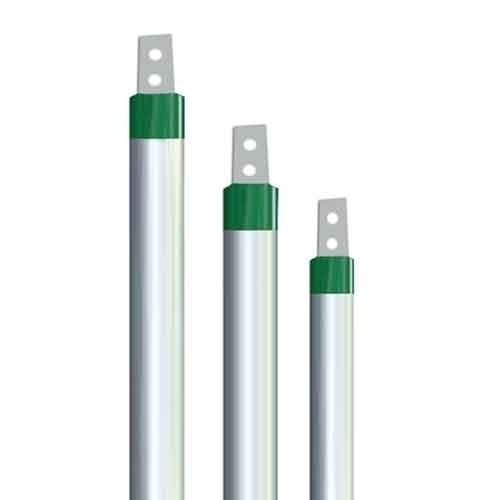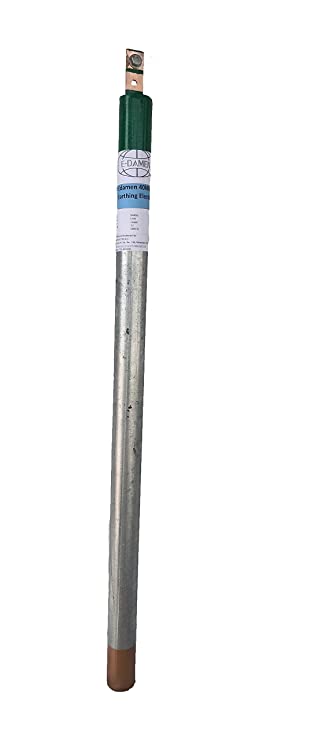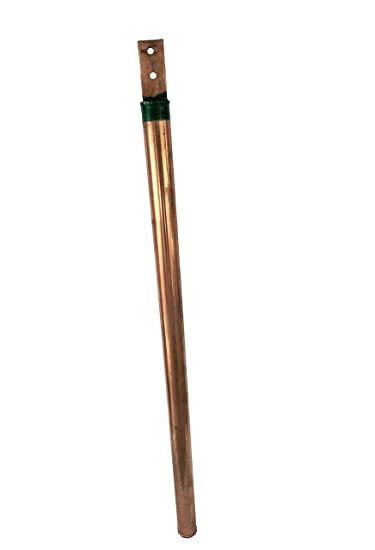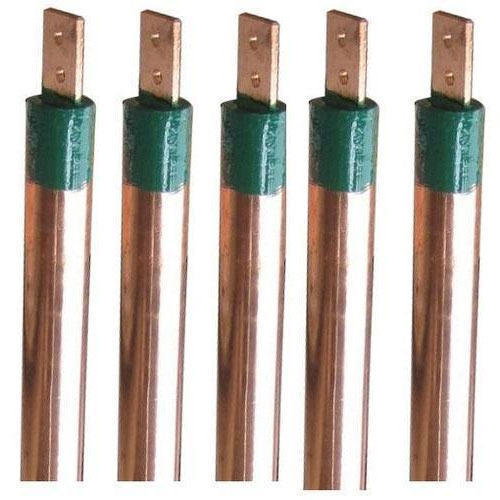Before understanding chemical earthing, it is essential to know earthing. In simple words, earthing is a method of connecting any electrical installation to earth for the dissipation of excess current surge in the ground. Earthing takes advantage of the earth's conductivity. Here you might ask, how does chemical earthing come into the picture?
For your information, chemical earthing is also a subset of earthing. It is a process in the electrical earthing industry that uses specific compounds and electrodes to effectively protect homes, buildings, and industries from electrical surges.
A Chemical earthing electrode is also known as a chemically charged pipe electrode. In today's time, it is in high demand globally. The reason for its high demand is- reliability, efficiency, and durability. In-depth, the core of a chemical earthing system is the electrode and backfill compound. Today in this blog, we will know what chemical earthing is and the use of the chemical earthing electrode. Keep reading!!
As the name suggests, chemical earthing differs from normal earthing in many ways. On the one hand where in normal earthing, we use charcoal and salt to transfer the charge to the earth using electrodes or plates (charcoal and salt are placed on top of the electrodes); on the other hand, in chemical earthing, the charge Chemical powder is used to transfer it to the earth. But one thing is to be noted here that not all types of chemical powder can be used for earthing or charge transfer.
There are mainly two chemical powders used for chemical earthing – carbon powder and bentonite powder. Carbon powder is used in normal places, while bentonite powder is used in dry places.
Although there is no specific place for chemical earthing, it can be used anywhere—for example, in homes, shops, offices, companies, malls, etc. But chemical earthing is mostly used in those places where the soil is stony;
that is, chemical earthing is beneficial for hilly areas. Since there is moisture in the mountains' soil, moisture is needed for better earthing. For your information, coal and salt are added only to provide moisture and conductivity to the soil in normal earthing.
A weak earthing system can have many risks. You can understand it in such a way that due to lack of adequate earthing in any electrical equipment if it comes in contact with fault current, it can cause serious risk to human life.
For your information, the maximum short circuit current capability of any electrical circuit largely depends on the transformer capacity and the type of load, which can be in thousands of amperes. In such a situation, permanent earthing is the only safe way to discharge the fault.
Chemical earthing uses an electrode consisting of 60% sodium chloride and 40% calcium chloride and galvanized or copper-bonded steel pipe filled with crystalline chemical compounds. This type of combination not only allows for strong conductivity between the electrode and ground but also eliminates high fault currents.



